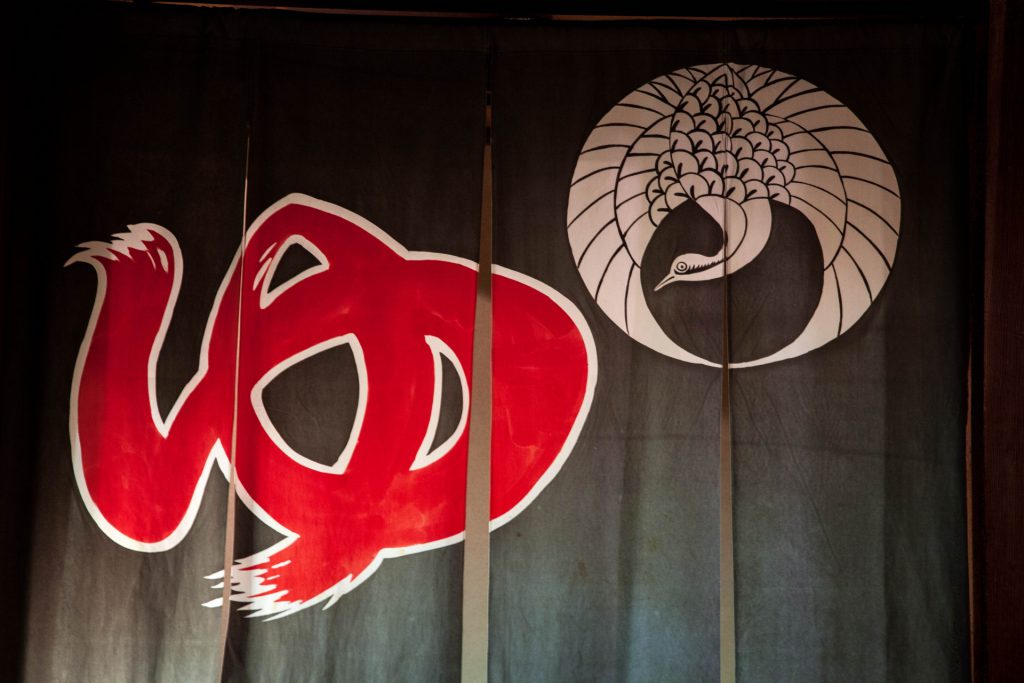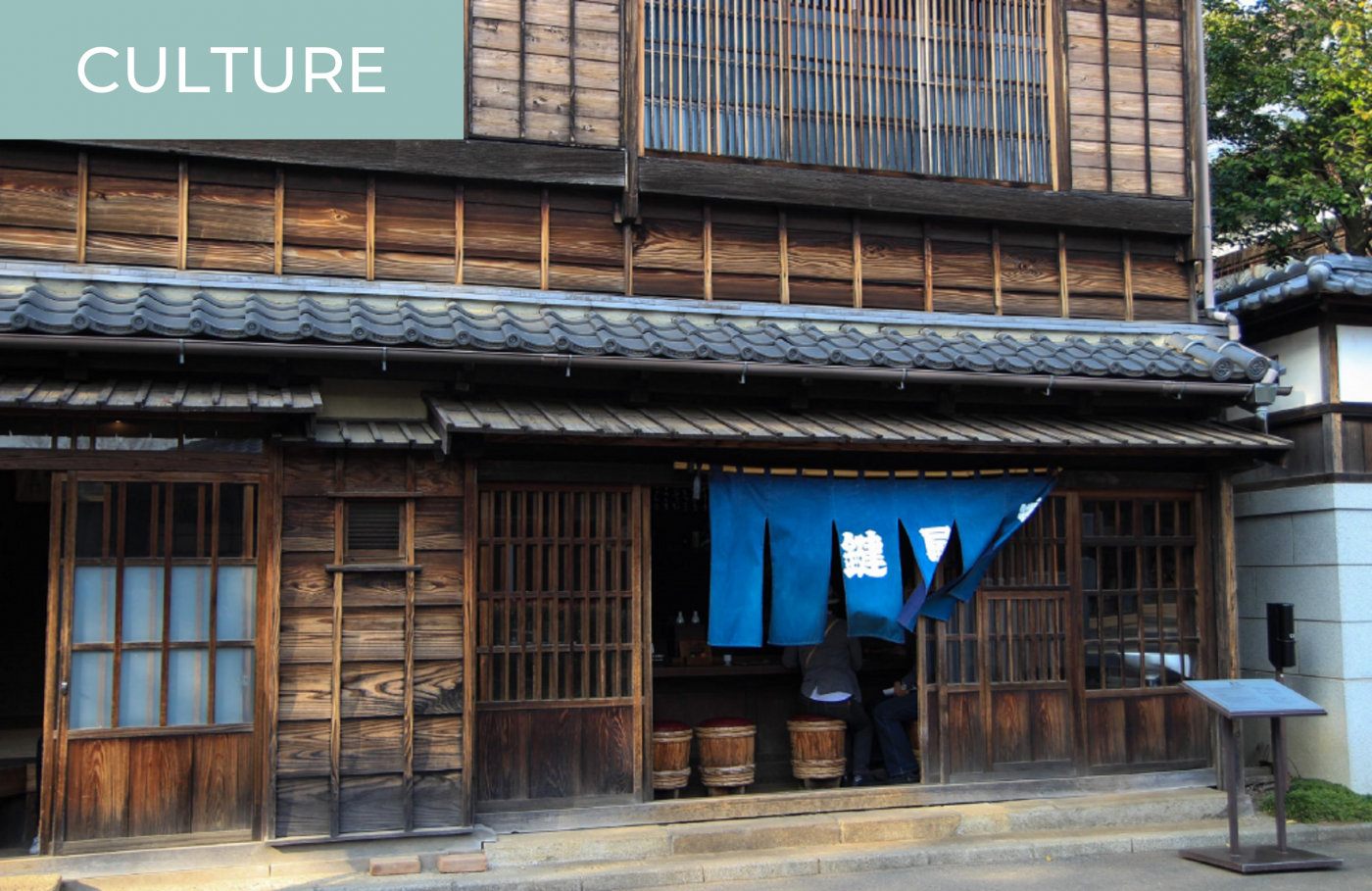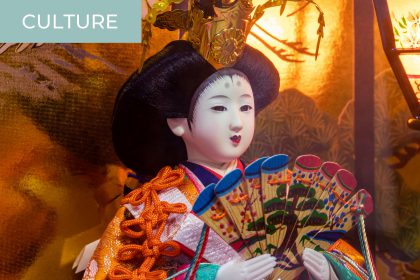Store curtains are often hung at the entrances of shops and restaurants in Japan. Here is the role of these curtains and their origin.
What are these curtains?
You may have noticed flag-like curtains hanging in front of Japanese shops or restaurants. These are called noren in Japanese. In Japanese, this word is written with two kanji (sinograms) that mean “warm curtain.” Originally, people used noren to keep their place warm in winter and to provide shade from the sun in summer.
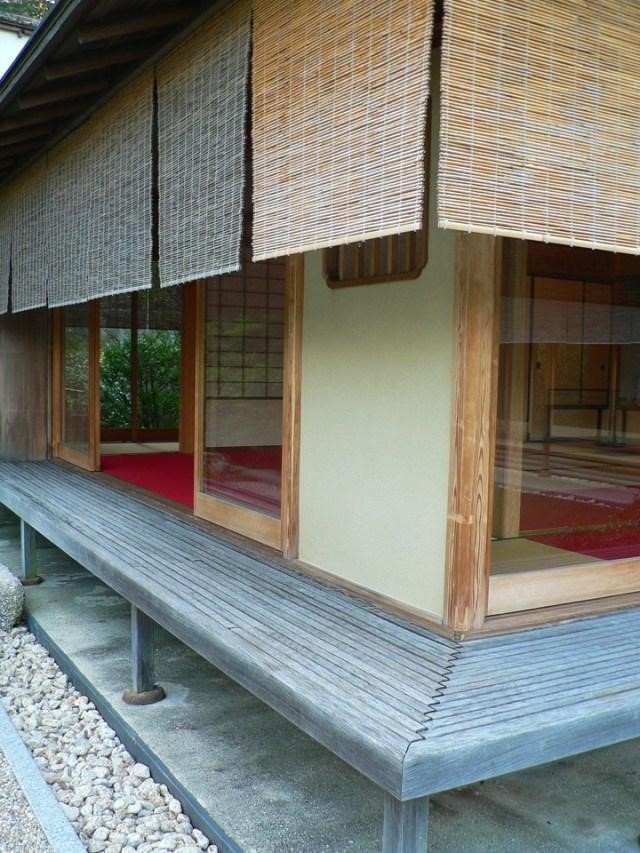
Over time, these curtains started being used at the entrance to stores, and have become a sort of “flag” for them. The name of the shop or what it is selling is often written on it.
Noren and Sushi Shops
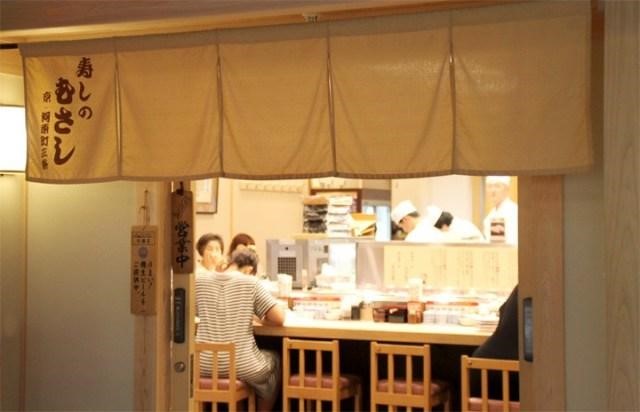
During the Edo period (1603–1868), noren at sushi shops were said to signify how good their sushi was. The dirtier it was, the more authentic! At the time, sushi used to be fast food, often served at small stalls on the street. People would stand and quickly eat, then wipe their fingers on the curtain when they left after eating, because wet towels were not yet customary. A dirty noren was a sign the shop had many customers, and consequently was probably a good place to eat at. Don’t worry: today, people don’t wipe their fingers on the noren anymore!

The Different Varieties of Noren
Here are different types of noren that can be found in Japan. Noren are often designed according to a shop’s image and interior.
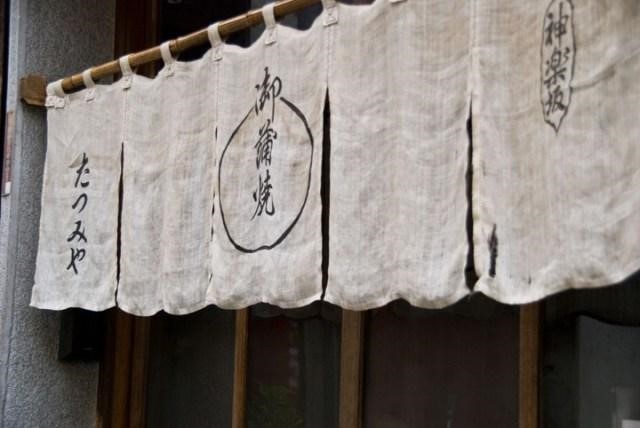
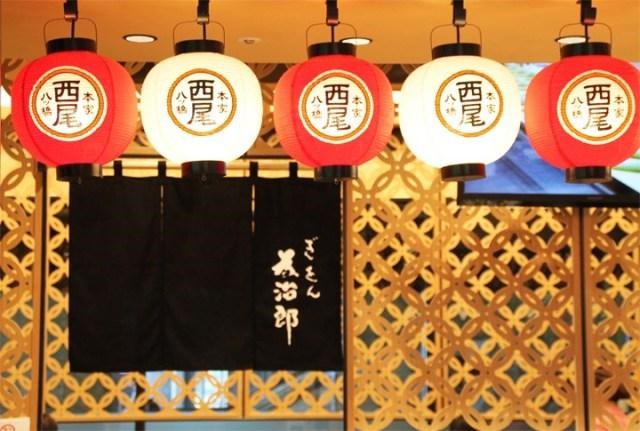
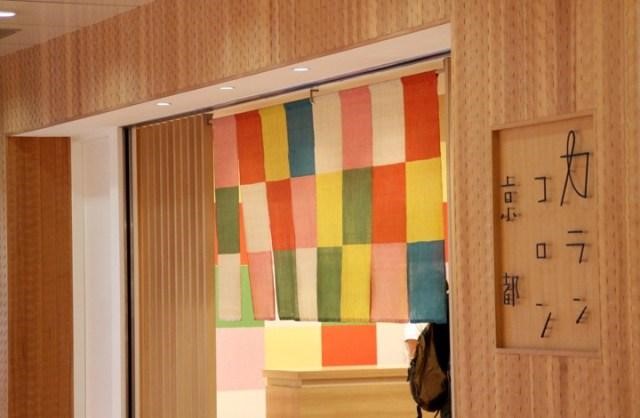
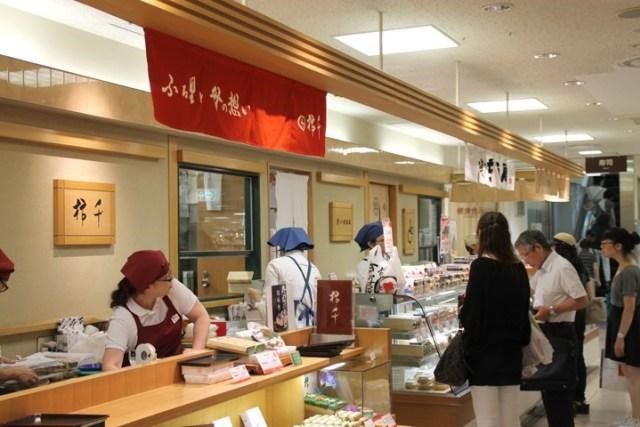
Noren are also a common sight at Japanese public baths, marking the different entrances for men and women.
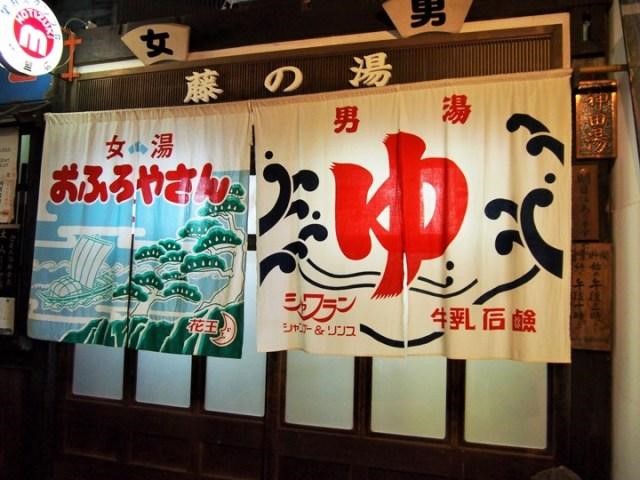
Even if noren play the role of signboards or flags at shops in Japan, it is often used to decorate interiors as well. Noren can also be used as partitions, for example, between the kitchen and the living room.
Noren are a good example of how the Japanese can turn something practical into something not only informative, but also decorative. Designs reflect the local culture, and popular patterns may vary depending on the area you’re visiting. They come in all sorts of materials, colors, and designs, and make good souvenirs or gifts from a trip to Japan.
